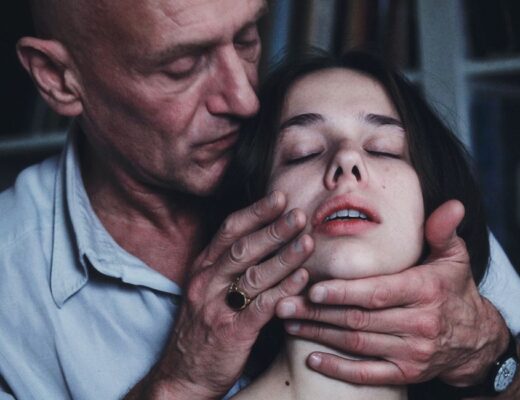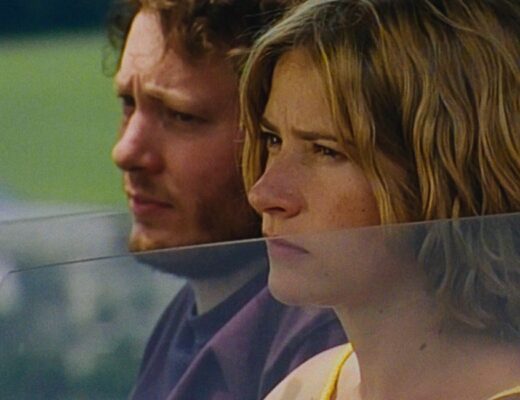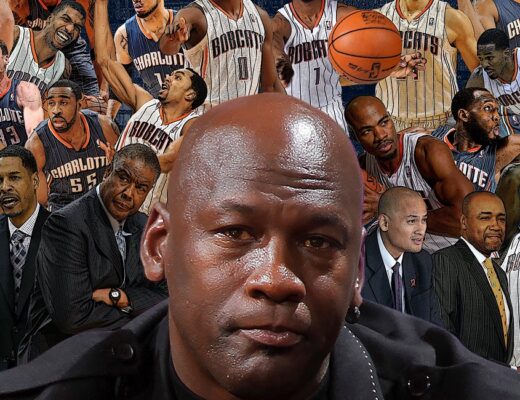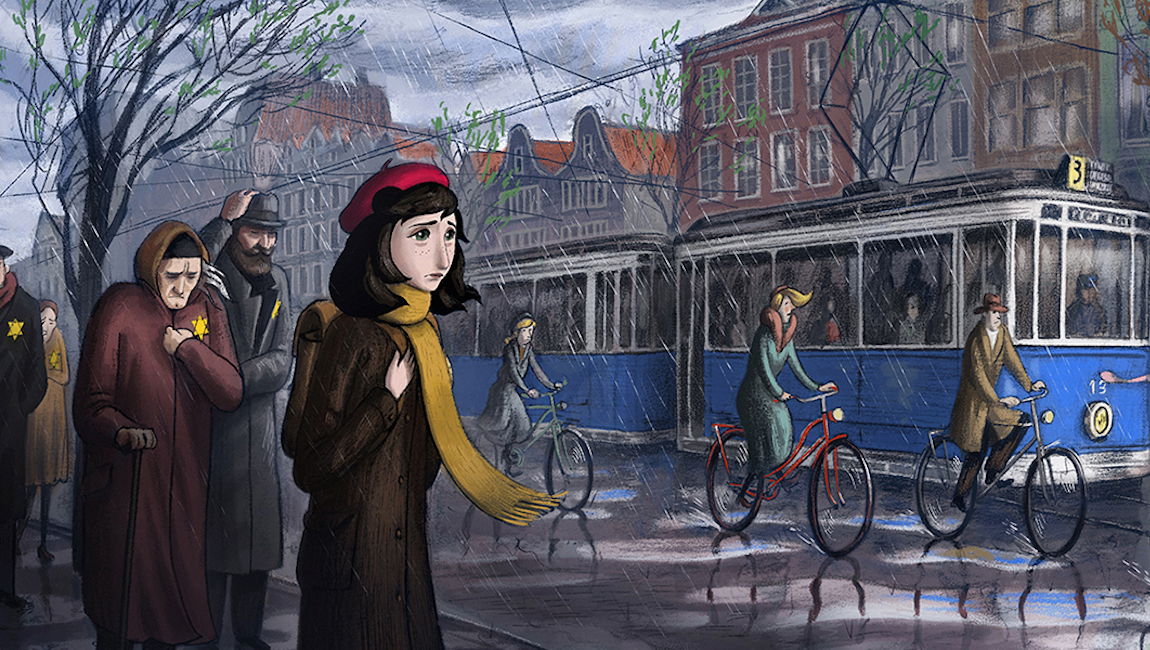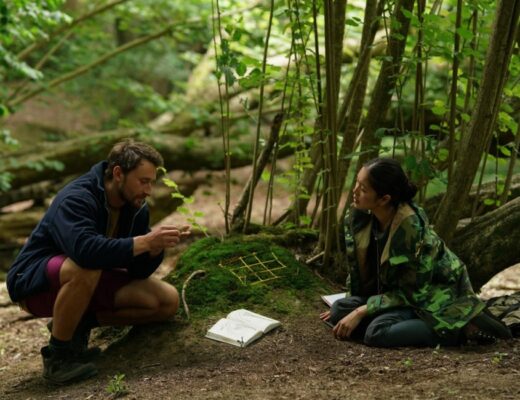Perhaps the single most of-the-moment film at 2022’s Cannes, Maksym Nakonechnyi’s Butterfly Vision feels like it could be ripped from tomorrow’s headlines. A gritty war-time drama about living with the trauma of torture, the film begins with POW Lilia (Rita Burkovska) being released in a prisoner exchange between Ukrainian and Russian forces. She is, or was, a drone operator referred to as “Butterfly,” and the film makes it clear that her story has been a hot button issue on Ukrainian television and social media. Reunited with her mother and husband, a fellow soldier named Tokha (Liubomyr Valivots) who witnessed her capture but was powerless to stop it, the film charts both the immediate and long-term impacts of her imprisonment. Nakonechnyi patiently charts the steps of Lilia’s tentative, painful reentry to “normal” life, now irrevocably, aggressively altered.
This is all, needless to say, difficult to watch. Lilia’s mother is elated that her daughter is finally home safe, but smothers her with attention. Tokha is gradually revealed to be a brutish, violent racist who seems mostly annoyed that his wife doesn’t want to be intimate with him anymore. The elephant in the room is whether or not Lilia was raped by her captors, a detail she carefully elides while being debriefed, but which she cannot hide from her obstetrician. Once it is revealed that she’s pregnant, the narrative expands to take in multiple perspectives; Tokha knows it isn’t his, but he and Lilia keep this fact from his mother, while Lilia’s own mother is overjoyed at the prospect of being a grandmother. Throughout, Burkovska gives a fascinatingly opaque performance; it’s never quite clear what she’s thinking, or exactly how she’s feeling. Nakonechnyi occasionally interjects drone footage into the film, which acts to both vary the otherwise staid stylization of the narrative proper while also becoming what could be called theoretical Lilia POV shots. Are these things she saw while piloting? Unfortunately, Nakonechnyi also utilizes quick snippets of flashbacks to Lilia’s torture, signaled by a pixelated digital noise that approximates degraded video images. It’s a striking rough technique, but comes across as an affectation in function. It’s too much effort to situate the film in the “now.” The actual assault is as tastefully handled as such subject matter can be, although one might be forgiven for balking at Lilia’s occasional visions of a CGI butterfly, hyper-literalizing the film’s title. It’s all intermittently affecting, aided by strong performances that carry it a considerable way, but one can’t help but feel like they’ve seen this story before — war is hell, tragedy begets tragedy, and nothing matters except moving on and persevering.
Published as part of Cannes Film Festival 2022 — Dispatch 6.



